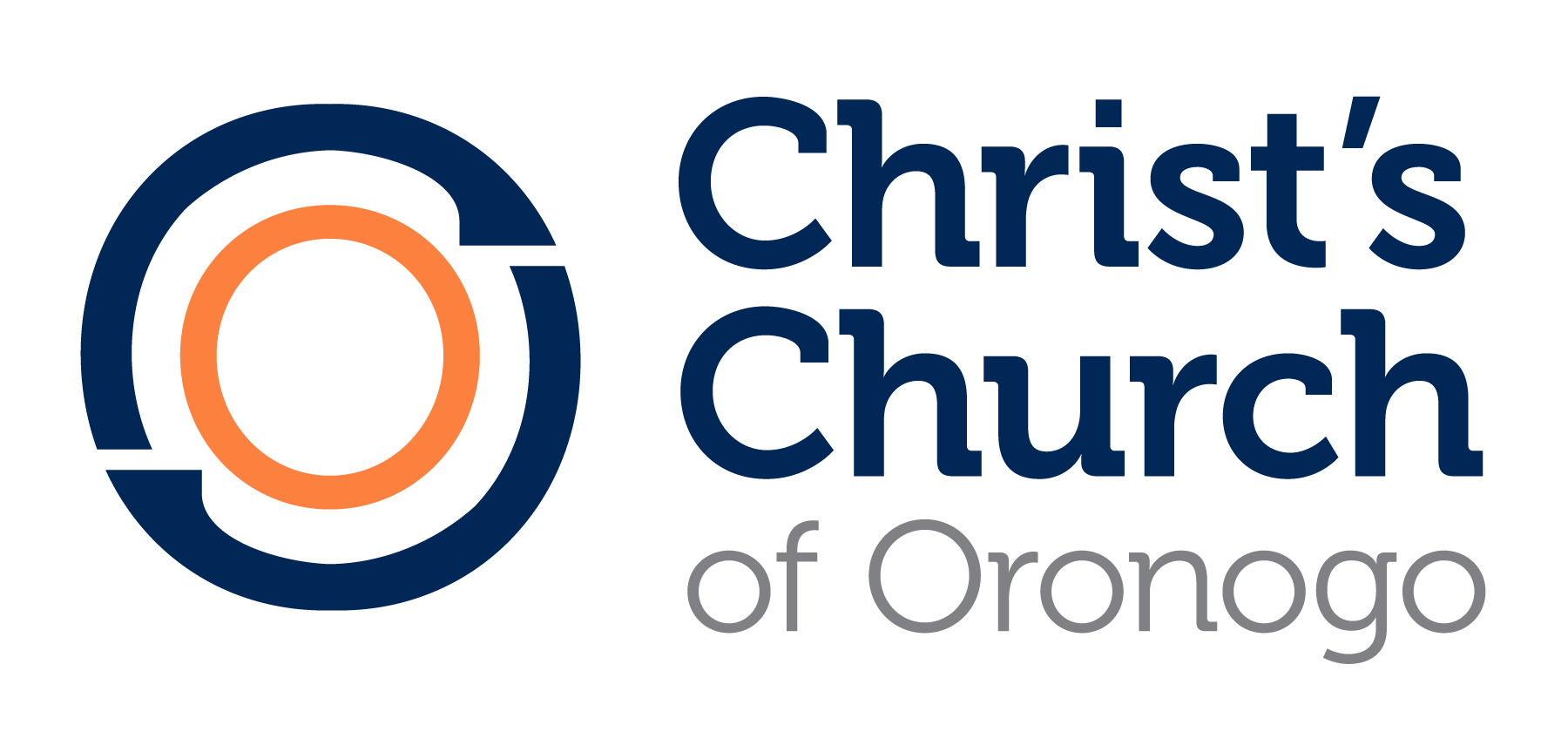Do you ever stop and think about how good we have it on this side of the resurrection?
We don’t have to bother with the legalism of the Mosaic covenant.
Direct connection to God is sliiiiiiightly easier.
We don’t have to wonder who the Messiah would be.
We don’t have to worry about when that Messiah would come (at least the first time!).
We don’t have to concern ourselves with trying to figure out exactly what that Messiah would do we he finally arrived.
We don’t have to fret over if this Jesus is who he says he is.
We don’t have to live in the ultimate letdown of watching Jesus hang on the cross and coming to grips with the fact that he wasn’t who he said he was; only to get a big (and life-changing) surprise a couple days later.
Sure we don’t know when Jesus will come back for round two, but literally none of the rest of this list is our concern any longer. We absolutely still need to be aware of it, be informed by it, and know the history of our family, but that’s it. We get to live in the freedom and reality of the hope of the gospel which has already come to fruition.
But what about those who came before us? Those who lived under the old covenant were not afforded those same luxuries that you and I know today. We know the answers to every question on the list above.
In Jeremiah 31:31-34, the prophet, as the mouthpiece of the Lord, says that the days are coming when that Lord will make a new covenant with Israel and Judah and that it will be different this time around.
If I’m listening to Jeremiah’s words, I’m probably rolling my eyes. Seriously. Think about it. A promise of a new covenant, an updated covenant, an overhauled covenant probably didn’t arise much hope in Jeremiah’s hearers. Why is this new one going to be any different?
I don’t know about you, but here’s what I would be thinking:
“Yeah, well, last time God established a covenant with us we ended up wandering around a desert for 40 years. That covenant was a bunch of super difficult rules to follow, which we failed at miserably, letting God down over and over again. Currently, we’re all in exile. Also, we don’t really have any personal relationship with YHWH. So I’m not holding my breath for this so-called new covenant. I’ll just keep holding out for this promised Messiah to hopefully turn things around and overthrow the government and all that good stuff. And I’ve got to be honest, I’m not exactly optimistic that that’s going to come to fruition either.”
How could you not feel that way?
At the end of the day, and with the benefit of hindsight that Jeremiah’s hearers didn’t have, we realize just how incredible and future-changing this new covenant is. With it, Jesus flipped the entire paradigm of how the world works.
So often I hear people talk about Jesus bringing an “upside-down kingdom”. I get what people mean by this: “Jesus came and brought a kingdom that is a 180-degree change from the current state of affairs. If it’s counter-cultural it must be upside down.” By definition, if there’s an upside-down kingdom, there must also be a right-side-up kingdom. And if we’re saying that Jesus’ kingdom is upside down then our current kingdom, this man-made, self-erected, kingdom, must be right-side-up. To the contrary, we are the ones who are upside down. Consider with me, if you will, that it’s our current earthly kingdom which is upside down and Jesus’ newly established kingdom is the right-side-up kingdom. Yes, it’s counter-cultural, but it’s not upside-down, it’s the most right-side-up establishment our human minds can know and our human lives can experience.
The new covenant ushers in the right-side-up kingdom.
As we find ourselves at the end of the Advent season and the beginning of Christmas time it seems like perhaps an odd time to look ahead to the Easter season, but it’s actually incredibly appropriate; particularly in light of thinking about the old and new covenants. Set your mind on the upper room as Jesus met with the disciples during Passover for what we now call the Last Supper. I like to say the events that happened that night around the table were the ultimate passing of the baton from old to new covenant as Jesus instituted the Lord’s Supper. The new covenant then found its fulfillment over the course of the next several days as Jesus died and eventually defeated death.
What does this new covenant mean for us?
God is more near to you than you could ever imagine.
While God’s presence has always been part of our lives, it has changed and evolved.
Here’s the hopeful truth I want to leave you with:
The God of the old covenant is the same God of the new covenant.
The God of the new covenant is the same God of the old covenant.
That same God dwelled amongst the people at the Tabernacle and later the Temple after establishing the old covenant.
That same God came to earth in the form of a man to live with us and establish the new covenant.
That same God now lives in us and is the very presence of God.
Our God is a God of presence.
As you celebrate the earthly birth of that God this December, may you know that presence in every fiber of your being.
May the God of presence fill you with the wonder of all that’s come, all that’s happening now, and all that is still to come.






